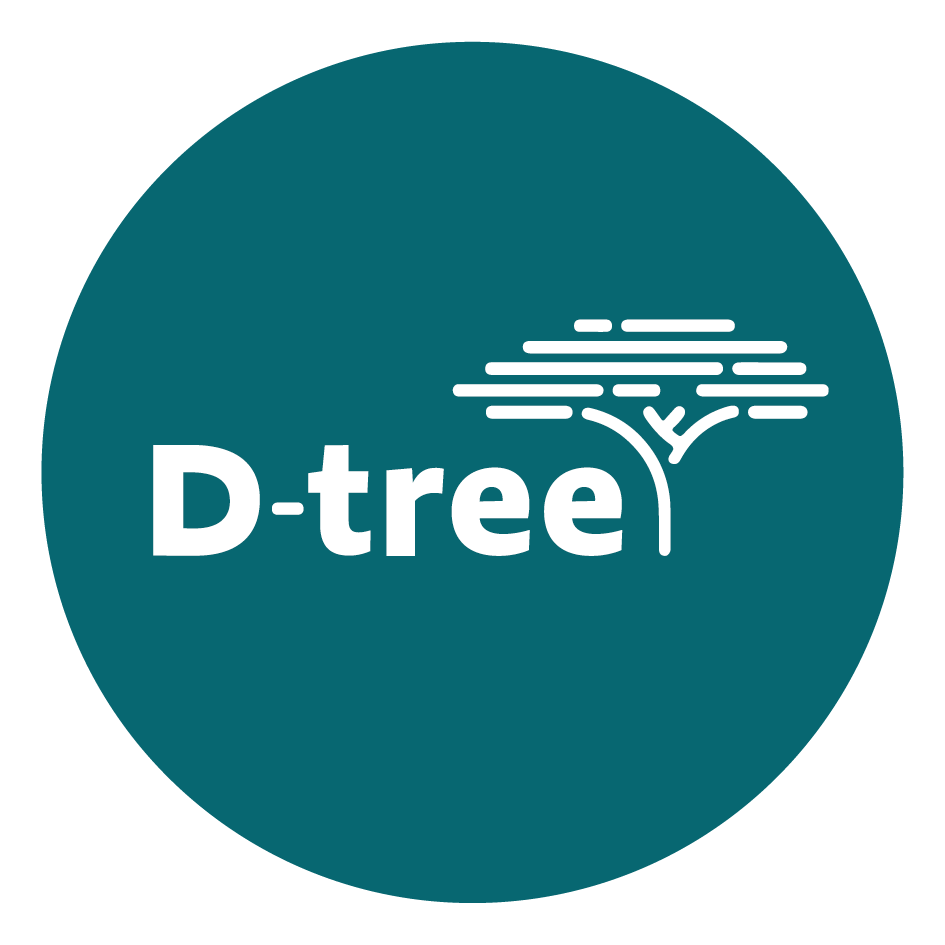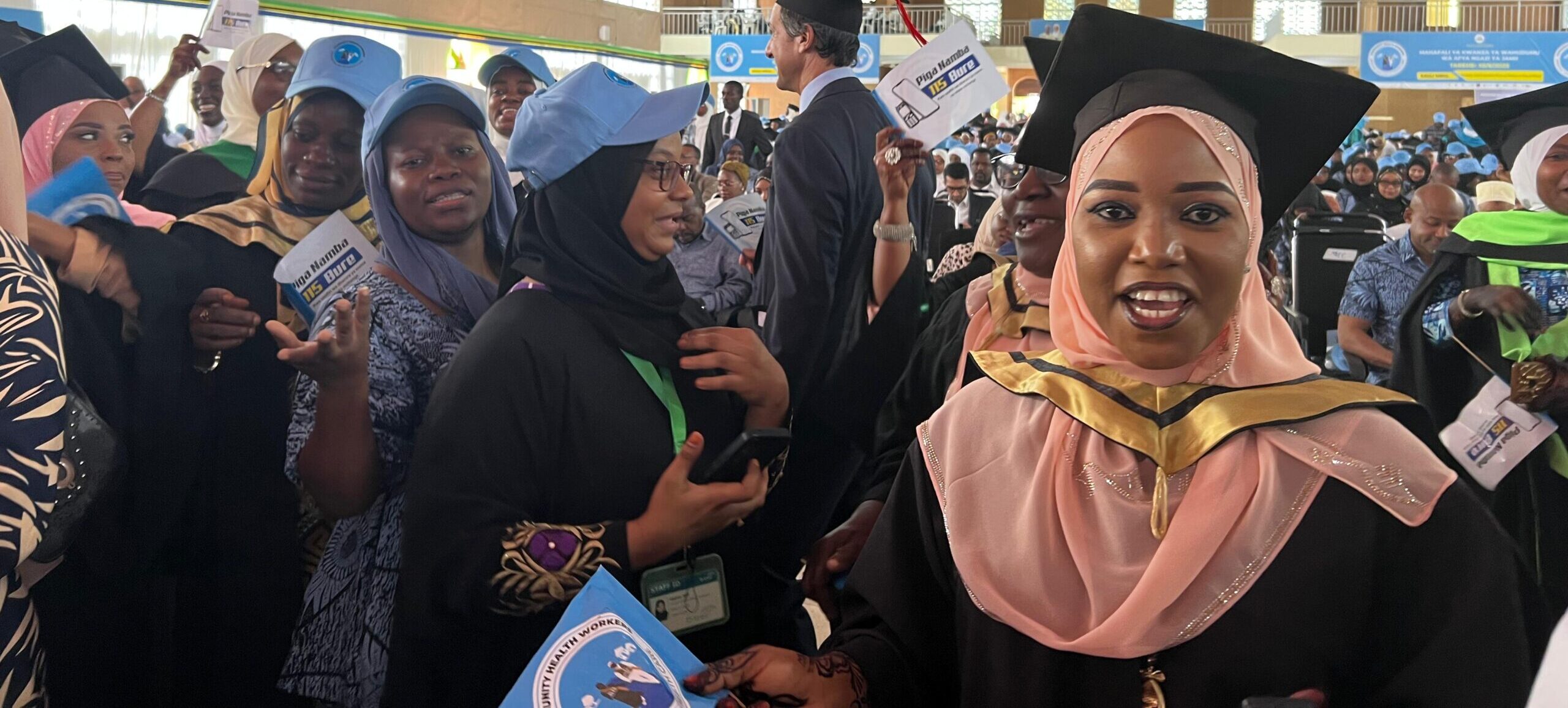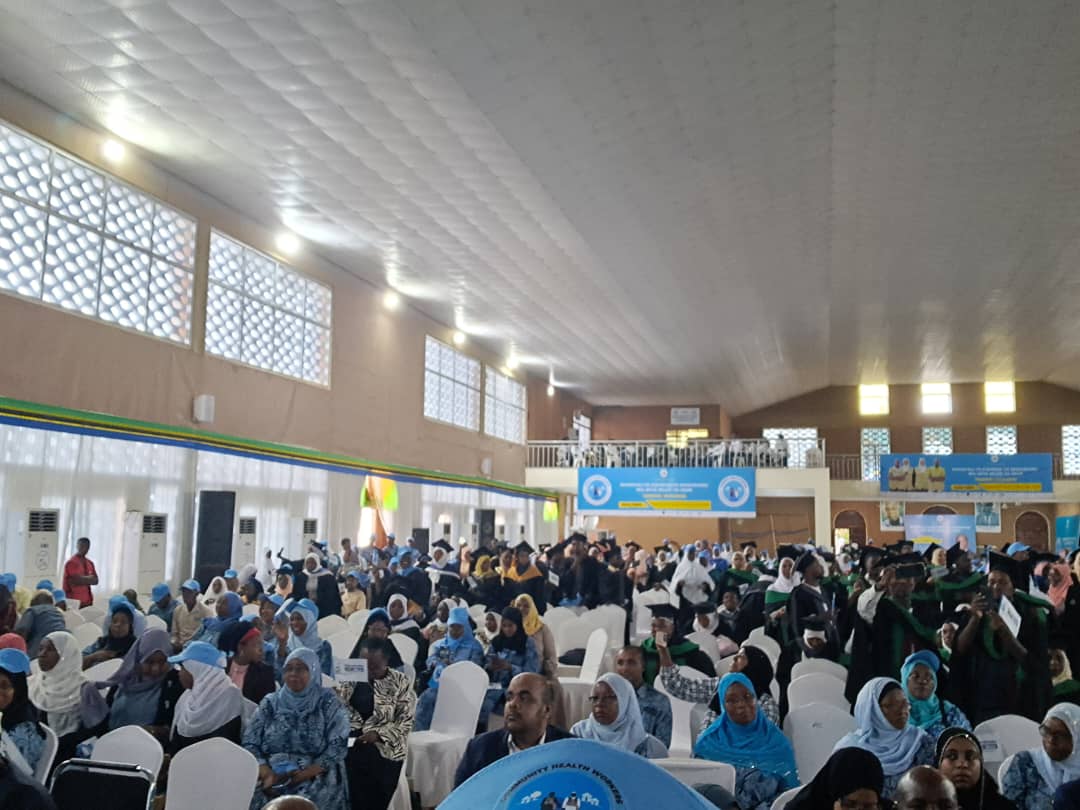Receiving high-quality care shouldn’t depend on where a person lives or which health worker they see. Yet, in many countries, health workers operate with little guidance and oversight and incomplete data. The result: missed or incorrect diagnoses, inconsistent referrals and preventable harm.
Enabling health workers to make better decisions sits at the heart of our work. When health workers are equipped with the right training, tools and support, they can make all the difference for people’s health. We give health workers what they need to do their work better, whether diagnosing malaria at home or managing postpartum care in a clinic. Through the digital tools, they are guided in delivering high-quality care and gaining access to patient history.
This week, we celebrated a significant milestone in Zanzibar, as a cohort of over 1,000 community health workers graduated from six months of training, marking the first professional cadre of community health workers (salaried, skilled, supplied and supervised) in the archipelago. Several members of the graduating cohort have already spent years serving their communities as volunteers, but all of them will receive a stipend three times higher than the previous pay for community health volunteers. In addition, they are being provided with digital devices and a monthly mobile data bundle to provide service delivery and collect community-based health data.
I am very happy today as I graduate from the community health workers training program. Soon, I will begin supporting my community by providing health education, identifying danger signs of both communicable and non-communicable diseases and referring individuals to health facilities for appropriate care and management.
Aisha Abdalla, Community health worker, Zanzibar
Under Jamii ni Afya, Zanzibar’s digitally-enabled community health program, we have trained community health workers since 2010. Over the years, as we have refined the training program together with the government, the training has become more extensive, enabling community health workers to provide a wider range of services. Previously, our training has focused on pregnant women and children, but is now being extended to cover water, sanitation, non-communicable diseases (NCDs), HIV testing, Malaria, Eye Care, club foot, mental health, neglected tropical diseases and emergency referrals.



